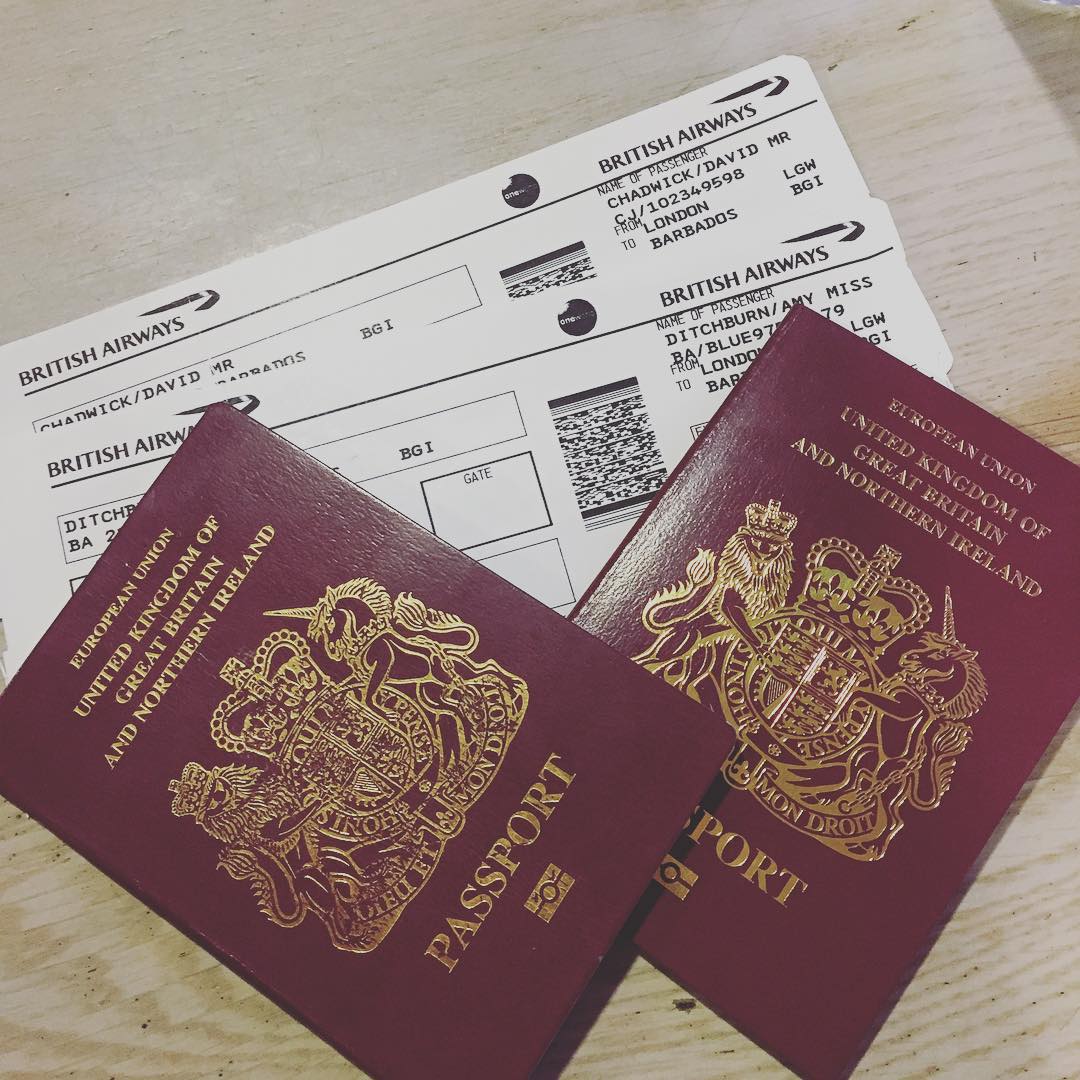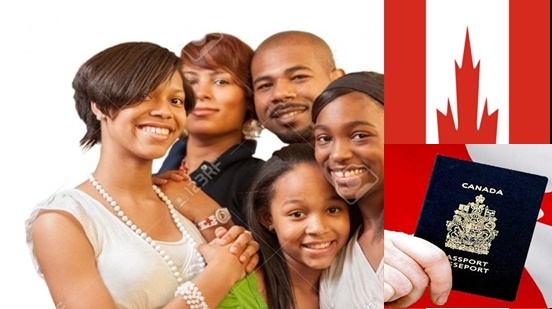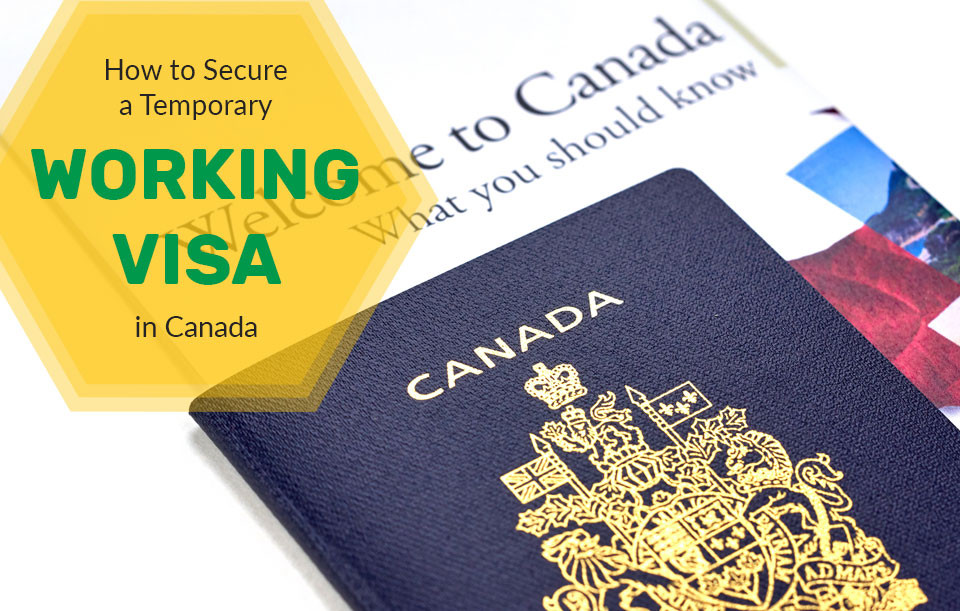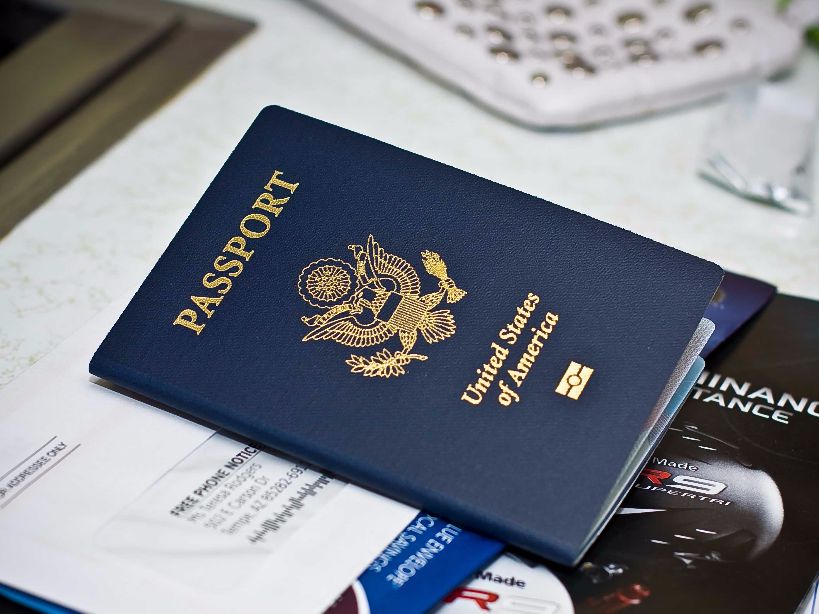How Can I Settle In Canada
Making a decision, to settle in Canada requires thinking deeply, in this guide, we have prepared the best process on how to settle in Canada. Deciding to move to another country entails several administrative procedures. This is true both before you leave and after you arrive.
Below are a few key steps to help you get settled with peace of mind and avoid missteps once you have obtained your Canadian visa or work permit. For more information, consult the Citizenship and Immigration Canada website.
Steps on How To Settle In Canada
-
Choose your new home
Above all, to have easy access to your funds and to make the transition to life in Canada as easy as possible, it makes sense to open a Canadian bank account. Next, finding a place to live will be one of your top priorities. You will have the option of renting an apartment or house or buying one.
Here are some things to consider to make the best choice for your needs:
If you rent a home
As a newcomer, it is important that you fully understand what a home rental involves in Canada, including your rights and obligations in relation to your landlord. The Canada Mortgage and Housing Corporation (CMHC) has developed a complete set of tools to help newcomers understand home rentals, e.g.: reading home rental advertisements, signing a lease, renting a home for a large family and checking what may or may not be included in the rent.
If you buy a home
Buying your first home in Canada is a significant investment that requires consideration and planning. It is therefore extremely important to make sure you have accurate information and sound advice at every stage of the process, from evaluating your borrowing capacity to picking up your keys. It is also critical to take into consideration all the costs related to buying a home.
The CMHC is the Canadian government agency responsible for housing in Canada. The CMHC website offers a wide range of tools specifically designed for newcomers to Canada who wish to buy a home.
-
Acquire a Social Insurance Number (SIN)
To be eligible to work in Canada and receive government benefits, you will need a SIN, which is somewhat like a national identification number. Your SIN will be unique to you and should be treated as confidential. To acquire your social insurance number, visit a Service Canada office. Complete information about obtaining and using a SIN is available in the SIN section on Service Canada’s website.
-
Get health insurance
Canadian citizens and permanent residents (and certain temporary residents) have access to hospital and physician services without having to pay for them directly, thanks to Canada’s healthcare system.
For more information about eligibility conditions and healthcare services available in your province or territory of residence, visit Health Canada’s website.
Certain protected individuals who are not eligible for a provincial or territorial health insurance plan may have access to Service Canada’s Interim Federal Health Program. More information about the program’s terms and conditions are available online.
You should expect a waiting period, which varies per province, before being eligible for public health insurance. To ensure that you and your family will be protected in the event of illness, you may want to take out private health insurance before your arrival in Canada.
-
Obtain a driver’s license
To drive a vehicle in Canada, you will need a valid driver’s license. You will need to take a driving test or exchange your existing driver’s license for a local one (if you have a license issued in your country of origin). Each province and territory has its own regulations, which can be viewed on the Service Canada website.
-
Buy a car
In Canada, owning a car is often a necessity. Therefore, it is important to choose the type of car that best suits your needs and to find out which financing solution is the most appropriate for you. After you arrive, you will need to choose between leasing or buying a new or used car, evaluate your borrowing capacity and verify the payment terms. Take the time to shop around and ask for all the information you need!
-
Register with your country’s consulate
Notifying your native country’s consulate or embassy that you moved to Canada could be useful in certain situations, such as renewing official papers or maintaining your voting rights in your country of origin.
-
Protect yourself
Have you thought about how you would repay your loans if you became disabled, were diagnosed with a critical illness, or died? By insuring your loans, you will have the certainty that no one will have to worry about your debts. Below are the list of suitable insurance for self-protection:
Life insurance
The insured balance of your loan is repaid in the event of death.
Disability insurance
Your insured loan payments are taken care of in case of disability.
Critical illness insurance
The insured balance of the loan is repaid in the event you are diagnosed with one of the three critical illnesses covered: cancer, stroke or heart attack.
-
Protect your assets
Looking for a safe place to keep your valuables? A safety deposit box will give you peace of mind while providing you with easy access to its contents. You can rent a safety deposit box at any Canadian financial institution.
If you buy a car, don’t forget to insure it, as car insurance is mandatory in Canada. You will also need to determine how many people will be driving your car and add them to the insurance policy. Be sure to educate yourself about the various types of insurance and coverage. For more information about car insurance, visit the Canadian Government’s website.
Likewise, home insurance is a must to protect your personal belongings in the event of fire, theft or flood, whether you rent or buy a home. It will also cover you in the event of an accident involving someone else who is on your property. For more information, visit the Insurance Bureau of Canada website.
When looking for home or car insurance, be sure to ask for estimates from at least three insurance companies. Taking a few minutes to do this could result in significant savings!
The project of a lifetime
Immigrating is the project of a lifetime. It’s normal to feel overwhelmed by the scale of this undertaking. There will inevitably be some administrative hassles and you’ll need a bit of time to adapt to your new surroundings. But don’t worry: tools and specialists are available to help you out during this process. And before long, you will feel right at home.
FAQs
Can I immigrate to Canada and settle permanently?
Yes, Canada offers various pathways for individuals to immigrate and settle permanently in the country. Some common immigration programs include the Express Entry system, the Provincial Nominee Program (PNP), and family sponsorship. Each program has its own eligibility criteria and application process, so it’s essential to research the options available and determine which one aligns best with your qualifications and circumstances.
What is the Express Entry system, and how does it work for settling in Canada?
The Express Entry system is a points-based immigration system used by the Canadian government to manage applications for permanent residency under certain economic immigration programs. These programs include the Federal Skilled Worker Program, the Federal Skilled Trades Program, and the Canadian Experience Class. Eligible candidates create an online profile in the Express Entry pool and are assigned a Comprehensive Ranking System (CRS) score based on factors such as age, education, work experience, language proficiency, and other criteria. Periodically, candidates with the highest CRS scores are invited to apply for permanent residency through regular draws conducted by Immigration, Refugees and Citizenship Canada (IRCC).
Can I settle in Canada through the Provincial Nominee Program (PNP)?
Yes, the Provincial Nominee Program (PNP) allows Canadian provinces and territories to nominate individuals who have the skills, education, and work experience needed to contribute to the local economy and community for permanent residency. Each province and territory has its own PNP streams tailored to their specific labor market needs and immigration priorities. To apply through a PNP stream, individuals typically need to have a job offer from an employer in the province or demonstrate ties to the province through previous education, work experience, or family connections. Once nominated by a province or territory, applicants can then apply for permanent residency through the Express Entry system or through a separate application process, depending on the specific PNP stream.
Conclusion
Settling in Canada offers a multitude of opportunities for individuals seeking to build a new life in a diverse and welcoming country. Whether through economic immigration programs like Express Entry and the Provincial Nominee Program, family sponsorship, or other pathways, Canada provides avenues for individuals with varying backgrounds and qualifications to establish themselves permanently. By understanding the different immigration programs available, assessing eligibility criteria, and navigating the application process diligently, aspiring immigrants can embark on their journey towards settling in Canada and contributing to its vibrant communities and thriving economy.







